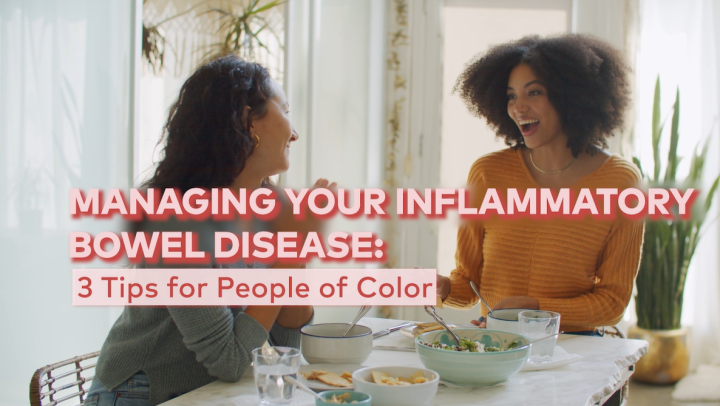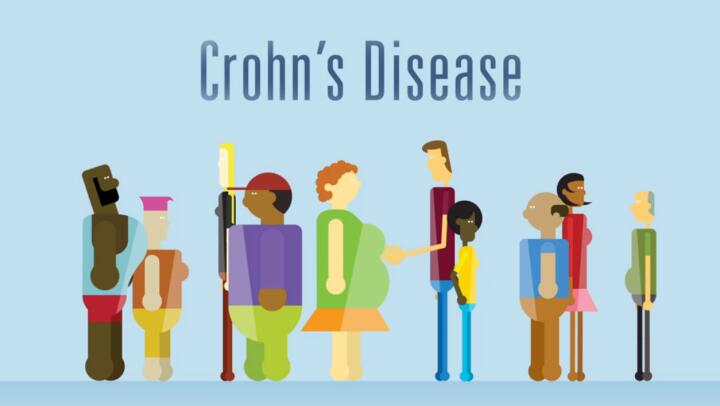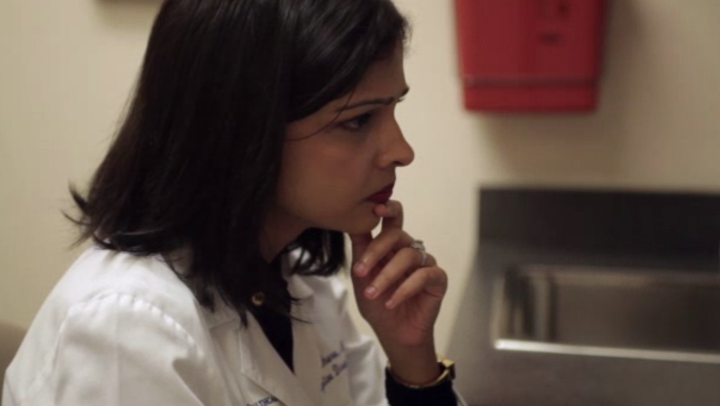This article explains duodenitis and its causes, symptoms, and treatments.
Key Facts About Duodenitis
- Duodenitis is inflammation in the first part of the small intestine, the duodenum.
- Duodenitis is caused by various factors, including infections, certain medications, and alcohol or tobacco use.
- Symptoms of duodenitis include abdominal pain, bloating, and loss of appetite.
- Lifestyle changes like washing your hands regularly and limiting your intake of alcohol and tobacco can decrease your risk of developing duodenitis.
Read on to learn more about duodenitis.
What is duodenitis?

Duodenitis is inflammation of the upper small intestine. This section connects to the stomach. Stomach conditions and diseases can also affect the duodenum.
The most common cause of duodenitis is a stomach infection with the bacteria Helicobacter pylori (H. pylori). This bacteria also causes inflammation of the stomach, or
If you have duodenitis, your disease course may vary from other people’s. The signs and symptoms can be constant or may come and go. Some people with duodenitis have no symptoms at all. Others may have burning pain or nausea with or without vomiting.
See your doctor if you have symptoms of duodenitis. Seek immediate medical care (call 911) for serious symptoms such as severe abdominal pain, bloody or black tarry stools, or bloody or black vomit.
What causes duodenitis?
The most common cause of both gastritis and duodenitis is infection with H. pylori. H. pylori
Loss of this barrier allows acidic stomach contents to irritate the lining. This puts a person at risk of chronic inflammation and duodenal ulcer. Nonsteroidal anti-inflammatory drugs (NSAIDs) have a similar effect.
Many people get an H. pylori infection at a young age. However, symptoms
Other less common causes of duodenitis include:
- Autoimmune diseases: These include autoimmune enteropathy and Celiac disease, which attack the lining of the intestines.
- Cancer treatments: Chemotherapy and radiation therapy can cause duodenitis.
- Critical illness: A critical illness can decrease blood flow to the digestive system, causing stress and disruption of the lining.
- Crohn’s disease: This is a form of inflammatory bowel disease that can affect the small intestine.
- Food allergies: Allergies to milk and soy, among others, can cause duodenitis.
- Graft versus host disease: This is a condition that can develop after a donor transplant.
- Malabsorption diseases: These include tropical sprue, a chronic diarrheal disease.
- Medications: NSAIDs such as ibuprofen (Advil, Motrin), naproxen (Aleve), and aspirin can cause duodenitis.
- Peptic duodenitis: This is a condition in which there is excess stomach acid production.
- Substance use: Substances such as alcohol and tobacco in prolonged or excessive use can cause duodenitis.
What are the symptoms of duodenitis?
Duodenitis may result in a number of symptoms. The intensity of symptoms can vary among individuals.
Common symptoms of duodenitis
You may get duodenitis symptoms daily or just once in a while. At times, any of these symptoms can be severe, including:
- abdominal pain
- bloating or fullness
- gas
- indigestion
- loss of appetite
- nausea with or without vomiting
Diagnosing and treating duodenitis
Treatment for duodenitis begins with
Imaging exams, such as an upper endoscopy to look at the lining of duodenum, may be necessary.
During an endoscopy, doctors can take small mucosal biopsies. Biopsies can confirm whether you have an H. pylori infection.
A complete diagnosis will guide your treatment, which may include antibiotics and medicine to reduce stomach acid.
Antibiotics
When duodenitis is due to an H. pylori infection,
- amoxicillin
- clarithromycin (Biaxin)
- metronidazole (Flagyl)
- tetracycline
Treatment with triple therapy lasts for
Proton pump inhibitors
PPIs decrease stomach acid production. They are part of triple therapy for H. pylori. They may also be effective for other causes of duodenitis. PPIs include:
- esomeprazole (Nexium)
- lansoprazole (Prevacid)
- omeprazole (Prilosec)
- pantoprazole (Protonix)
- rabeprazole (Aciphex)
Histamine H2-receptor antagonists
Histamine H2-receptor antagonists also decrease the amount of acid in the stomach. These drugs include:
- cimetidine (Tagamet)
- famotidine (Pepcid)
- nizatidine (Axid)
If you have diarrhea or vomiting from duodenitis, fluid and electrolyte replacement is also a component of successful treatment.
Lifestyle considerations for duodenitis
You may help reduce your risk of H. pylori infection with certain hygiene practices. This includes washing your hands with soap and water. Hand washing is especially important when you are preparing food.
Increasing your intake of cruciferous vegetables may also help prevent infection. These vegetables include broccoli, cabbage, and cauliflower.
Limiting alcohol intake, tobacco use, and use of NSAIDs can also reduce your risk of duodenitis. It may also help to avoid foods that can irritate the lining of the digestive tract, such as
What are the potential complications of duodenitis?
Potential complications of duodenitis
- cancer
- a
duodenal ulcer Trusted Source PubMed Central Highly respected database from the National Institutes of Health Go to source , which can perforate the intestinal wall - gastrointestinal bleeding
- an intestinal obstruction
- nutritional deficiencies
- recurrent symptoms and ulcers
You can help reduce the risk of serious complications by following your treatment plan.
Summary
Duodenitis is inflammation of the first part of the small intestine. It is closely related to gastritis, which is inflammation of the stomach. The two conditions are most commonly the result of an H. pylori infection.
You can have this infection for years and not know about it until it causes problems. Treating it involves triple therapy with two antibiotics and a PPI. Treatment often helps symptoms, but recurrences are common.




























